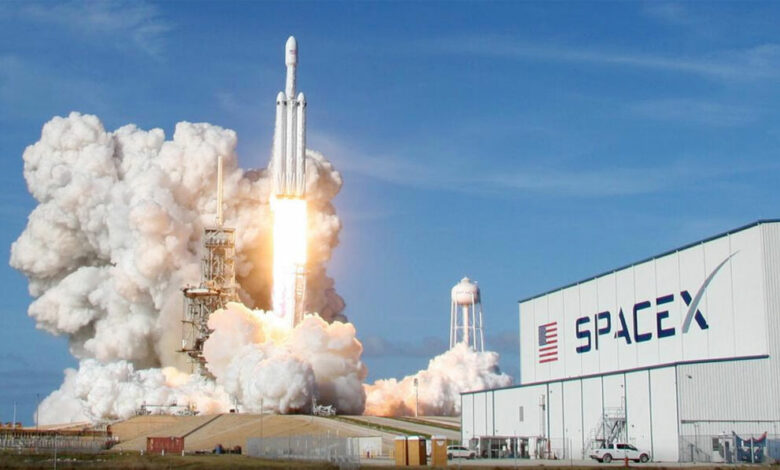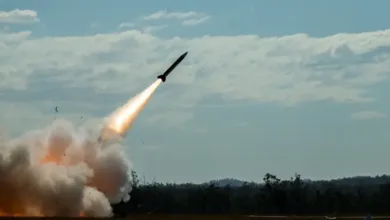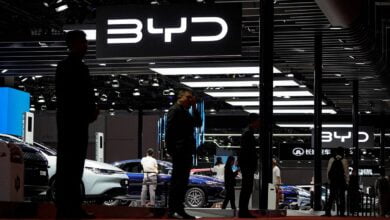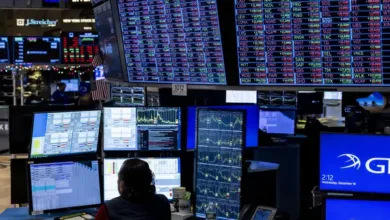After SpaceX’s Requests, Taiwanese Suppliers Move Manufacturing Abroad to Meet Demand

In response to SpaceX‘s recent requests, numerous Taiwanese suppliers are transferring parts of their production operations offshore, indicating a strategic change in the technologically advanced supply chain. The shift emphasizes Taiwan’s vital role in delivering advanced technological components, as well as SpaceX’s ambitious expansion goals, which require a consistent, unbroken supply chain.
Table of Contents
SpaceX Drives Changes in Supply Chains
According to sources familiar with the subject, SpaceX, Elon Musk’s pioneering space exploration company, has requested that certain Taiwanese suppliers shift their manufacturing capacity outside of Taiwan. The decision is probably the result of a mix of geopolitical factors & SpaceX’s desire to broaden its supply chains in response to the growing demand for its launch and satellite services around the world. Industry insiders indicate that SpaceX is eager to reduce the dangers that could result from Taiwan’s distinct geopolitical stance, despite the company’s lack of public comment on these particular requirements.
The request from SpaceX raises questions about the stability of supply chains that mostly depend on Taiwanese manufacturers in the context of escalating tensions between Taiwan & mainland China. As a result, suppliers have started setting up shop in more desirable locations for the production and assembly of electronics, such as Vietnam, Thailand, and Malaysia.
Taiwan’s Role in the Space and Tech Industry
Taiwan is noted for its powerful technology industry, which produces vital components for a variety of sectors. From specialized gear to microchips, the nation’s suppliers are known for providing high-quality goods at cheap prices. These Taiwanese firms have been critical in obtaining components for SpaceX’s ambitious satellite internet program, Starlink, which requires the rapid production of thousands of small satellites.
The shifting global environment has made many tech companies reevaluate their supply chain dependencies, though. As one unidentified executive of a Taiwanese electronics provider stated, “Our production shift underscores an industry-wide demand for resilience.” Our capacity to produce uninterrupted, despite external pressures, is crucial when working with clients like SpaceX.
Why SpaceX is Advocating for Manufacturing Moves
SpaceX may have taken a proactive approach to resolving such bottlenecks by encouraging Taiwanese vendors to relocate their manufacturing facilities elsewhere. Chip shortages and transportation disruptions have put a lot of strain on global supply chains in recent years, and SpaceX is committed to avoiding these problems in its business operations.
Global supply chain specialist Dr. Vincent Lo said, “SpaceX and other top IT companies have realized that having a diverse supplier base is now essential due to recent global disruptions. This is particularly true in sectors like telecommunications and aerospace that rely on constant innovation, where even the smallest delay in resources could cause project timetables to slip.
Furthermore, increased demand for Starlink’s services has put further pressure on SpaceX’s suppliers to guarantee they can meet manufacturing demands. With plans to expand Starlink coverage in remote regions and enhance user capacity, SpaceX urgently requires a dependable, diverse supply chain that minimizes exposure to possible risks in any single place.
The Growing Appeal of Southeast Asia
Southeast Asia’s growing prominence as a manufacturing hub is further demonstrated by the relocation of industrial enterprises from Taiwan to this region. Countries such as Vietnam and Thailand offer more competitive incentives, skilled workers, and a more stable political climate than Taiwan. Major electronics manufacturers searching for alternatives to Taiwan and mainland China have recently made investments in these nations.
The trend of Taiwanese suppliers relocating is not new, but SpaceX’s latest requests have accelerated the process. According to trusted sources, SpaceX’s proposals have spurred other multinational corporations to assess their supply chains while investigating shifting operations to decrease risk and boost flexibility.
As one Taiwanese supply chain administrator participating in these moves put it, “The governments are excited about foreign investments, and both Thailand and Vietnam offer the building blocks we need.” Moving operations is complicated, but it enables us to satisfy SpaceX’s needs and sustain development without relying entirely on Taiwan.”
What This Means for the Future of High-Tech Manufacturing
As businesses look to expand internationally and lessen their reliance on any one area, this move by Taiwanese suppliers may signal a new trend in the electronics and aerospace sectors. In addition to providing Taiwanese businesses with new economic prospects, international expansion may shield them from upcoming regional conflicts.
While the move may improve SpaceX’s supply chain endurance, it also has consequences for the Taiwanese finances, who has historically played an important role in the worldwide electronics sector. By pushing its suppliers to move, SpaceX can unintentionally harm Taiwan’s standing in some industries as Southeast Asian nations draw more capital and become important centers for tech production.

As one supplier put it, “Taiwan remains an important manufacturing center, but these changes are helping us adapt to a more globalized, decentralized supply chain model.” We wish to meet the demands of businesses like SpaceX in the future while simultaneously getting ready for any obstacles that may come up.
Globalization and Supply Chain Resilience
SpaceX’s action represents an ongoing pattern of supply chain flexibility in response to current geopolitical developments. Businesses all across the world are implementing tactics that lessen reliance on specific areas or nations, especially in sectors that are vital to global connectivity and national security.
SpaceX gains from the strategic supplier migration, which may help increase the robustness of high-tech supply networks generally. This move highlights the significance of adaptation for Taiwan, which is still dealing with complicated geopolitical concerns. As Southeast Asia grows to draw investment, Taiwan may face greater rivalry in the global electronics supply chain.
The latest request from SpaceX serves as a reminder of how intertwined and dynamic global supply networks are in the high-tech industry. As corporations respond to global challenges, moving manufacturing to different areas is becoming an important approach for minimizing risk and improving operational resilience. This decision could be critical for SpaceX & its suppliers as they work to meet the expectations of an ever-more connected and technologically advanced planet.
With manufacturing extending across Asia, this trend has the potential to transform the dynamics of worldwide tech production to build a more secure future for both tech giants as well as their suppliers.
People also Reading
French Families Sue TikTok Alleging Failure to Remove Harmful Content
Chinese Researchers Harness Meta’s Llama AI for Military Advancements
“Google’s AI-Fueled Gains in Cloud: What It Means for Rivals Amazon and Microsoft”
AI in Action: Discover How Artificial Intelligence Enriches Daily Experiences




